Cultural Branding and Brand Ideology: Leveraging Cultural Tensions for Differentiation
Rebecca, a senior brand strategist at a sporting goods company, noticed something fascinating during her research into declining engagement among younger consumers. While analyzing social media conversations, she discovered that their target audience was increasingly discussing social justice issues, environmental concerns, and authenticity in ways that traditional market research had missed. These consumers weren't just buying products; they were seeking brands that reflected their values and took stands on issues they cared about. This insight led Rebecca's team to examine how cultural tensions and ideological positioning could transform their brand from a product-focused entity into a cultural symbol that resonated with deeper consumer motivations and aspirations.
Cultural branding represents a strategic approach where brands transcend functional benefits to become symbols of cultural meaning and ideological positions. This methodology recognizes that consumers increasingly seek brands that align with their personal values and cultural identities, particularly in an era characterized by social polarization and heightened awareness of social issues.
Research from the Cultural Strategy Group indicates that culturally positioned brands achieve 23% higher customer loyalty and 31% greater willingness to pay premium prices compared to functionally positioned competitors. However, this approach carries significant risks, as authentic cultural positioning requires genuine commitment to ideological positions that may alienate certain consumer segments while attracting others.
1. Identifying and Leveraging Cultural Tensions
Cultural tensions represent the conflicts and contradictions that exist within society, providing opportunities for brands to take meaningful positions that resonate with specific consumer segments. These tensions often emerge from changing social values, generational differences, economic disparities, or evolving lifestyle preferences that create polarized viewpoints within the broader culture.
Effective identification of cultural tensions requires sophisticated cultural research that goes beyond traditional market research methodologies. Ethnographic studies, social listening analysis, and cultural trend mapping help brands understand the underlying forces driving cultural conflicts. Modern AI-powered sentiment analysis can process millions of social media conversations to identify emerging cultural tensions before they become mainstream issues.
The digital age has accelerated the pace at which cultural tensions emerge and evolve. Social media platforms amplify cultural discussions and create rapid polarization around specific issues. Brands must develop capabilities to monitor these evolving tensions and assess which positions align with their values and target audience beliefs. This requires real-time cultural intelligence that can adapt to rapidly changing social dynamics.
Successful leverage of cultural tensions requires brands to choose positions that are authentic to their organizational values and capabilities. Superficial positioning that lacks genuine commitment often backfires when consumers detect inauthenticity. The most effective cultural brands demonstrate their ideological positions through actions, policies, and business practices rather than just marketing communications.
The identification process must also consider the longevity and depth of cultural tensions. Some conflicts represent temporary social phenomena, while others reflect fundamental philosophical differences that persist over time. Brands should focus on tensions that align with enduring aspects of their identity and target audience values rather than capitalizing on momentary cultural controversies.
2. Creating Strong Differentiation Through Ideology
Ideological positioning enables brands to achieve differentiation that transcends functional attributes and competitive features. When brands successfully embody cultural positions, they create emotional connections that are difficult for competitors to replicate, leading to sustainable competitive advantages based on cultural meaning rather than product characteristics.
Ideological differentiation requires comprehensive integration across all brand touchpoints, from product development and marketing communications to employee policies and corporate governance. This holistic approach ensures that brand ideology is authentic and consistent, reinforcing cultural positioning through every consumer interaction. Half-hearted ideological positioning often appears opportunistic and can damage brand credibility.
Digital platforms have amplified the impact of ideological positioning by providing channels for brands to communicate their values directly to consumers. Social media enables brands to engage in cultural conversations and demonstrate their positions through content, partnerships, and community building activities. However, digital channels also increase scrutiny, requiring brands to maintain consistent ideological positions across all online interactions.
The differentiation power of ideology extends to talent attraction and retention, as employees increasingly seek organizations whose values align with their personal beliefs. Strong ideological positioning can become a competitive advantage in recruiting top talent while building organizational culture that reinforces brand values. This internal alignment strengthens external brand authenticity and consistency.
Measurement of ideological differentiation requires metrics that capture emotional connection and brand meaning rather than traditional awareness and preference measures. Brand purpose tracking, values alignment assessment, and cultural resonance measurement provide insights into how effectively brands are leveraging ideological positioning for differentiation.
3. Managing Authenticity Risks and Challenges
Authenticity represents the primary risk factor in cultural branding, as consumers have become increasingly sophisticated at detecting superficial or opportunistic cultural positioning. The digital age has heightened authenticity scrutiny, with social media enabling rapid exposure of inconsistencies between brand communications and actual business practices.
Authentic cultural positioning requires alignment between brand ideology and organizational behavior across all business operations. This includes supply chain practices, employee treatment, environmental policies, and community involvement. Brands must be prepared to make potentially costly business decisions that support their ideological positions, even when these decisions may negatively impact short-term financial performance.
The authenticity challenge extends to timing and consistency of ideological positions. Brands that only speak out on cultural issues when it benefits them commercially appear opportunistic rather than principled. Authentic cultural brands maintain consistent positions over time and continue supporting their ideological positions even when cultural sentiment shifts or business costs increase.
Digital transparency has made authenticity verification easier for consumers while making authenticity maintenance more challenging for brands. Online communities actively research brand practices and expose inconsistencies between stated values and actual behavior. This scrutiny requires brands to develop robust governance systems that ensure alignment between ideology and operations.
Risk management for cultural branding involves accepting that ideological positions will inevitably alienate some consumer segments while attracting others. Successful cultural brands focus on building deep connections with aligned consumers rather than attempting to appeal to everyone. This approach requires courage and commitment to maintaining positions even when facing criticism or boycotts from opposing viewpoints.
The authenticity imperative also affects how brands respond to cultural evolution and changing social attitudes. Authentic brands must balance consistency with appropriate evolution, maintaining core ideological commitments while adapting their expressions to reflect societal progress and learning.
Case Study: Patagonia's Environmental Activism Brand Strategy
Patagonia exemplifies successful cultural branding through their unwavering commitment to environmental activism and responsible business practices. The company has built one of the most respected brand identities by consistently leveraging cultural tensions around environmental protection and corporate responsibility, demonstrating how authentic ideological positioning can create sustainable competitive advantages.
The company identified the cultural tension between consumerism and environmental protection, positioning themselves as a brand that encourages thoughtful consumption rather than excessive purchasing. Their famous advertisement telling customers "Don't Buy This Jacket" challenged conventional retail wisdom while reinforcing their authentic commitment to environmental values. This counterintuitive approach strengthened brand loyalty among environmentally conscious consumers who appreciated the company's principled stance.
Patagonia's ideological positioning extends far beyond marketing communications to encompass their entire business model. They donate 1% of sales to environmental causes, use recycled and sustainable materials in their products, and actively campaign for environmental protection policies. Their Worn Wear program encourages customers to repair and reuse products rather than purchasing new ones, demonstrating commitment to their environmental values even when it potentially reduces sales.
The company's authenticity is reinforced through their willingness to take controversial political positions that align with their environmental ideology. They have sued the federal government over environmental policy changes, publicly opposed political candidates who threaten environmental protections, and used their retail locations to advocate for specific environmental causes. These actions demonstrate genuine commitment to their ideological positions regardless of potential business risks.
Patagonia's cultural branding strategy has created exceptional business results alongside environmental impact. The company has achieved consistent growth while maintaining premium pricing, with revenue increasing from $540 million in 2011 to over $1 billion in 2022. Their cultural positioning has created customer loyalty levels that exceed industry averages, with customers who identify with their environmental values becoming brand advocates who actively promote the company to others.
Conclusion
Cultural branding and brand ideology represent powerful strategies for creating differentiation and emotional connection in increasingly competitive markets. The digital age has amplified both the opportunities and risks associated with cultural positioning, requiring brands to develop sophisticated approaches to identifying cultural tensions and maintaining authentic ideological positions.
Success in cultural branding requires genuine commitment to ideological positions that extends throughout organizational operations and decision-making processes. Brands must be prepared to make difficult choices that support their cultural positions, even when these decisions involve short-term costs or criticism from opposing viewpoints.
The future of cultural branding will likely involve increasingly nuanced approaches to ideological positioning as consumers become more sophisticated in their expectations for brand authenticity and consistency. Brands that master the balance between principled positioning and business performance will create sustainable competitive advantages based on cultural meaning and emotional connection.
Call to Action
Brand strategists should conduct comprehensive cultural tension analysis to identify opportunities for authentic ideological positioning that aligns with organizational values and target audience beliefs. Companies should develop robust governance systems that ensure consistency between brand ideology and business practices across all operations. Additionally, organizations should invest in long-term commitment to cultural positions, recognizing that authentic cultural branding requires sustained dedication rather than opportunistic positioning.
Featured Blogs
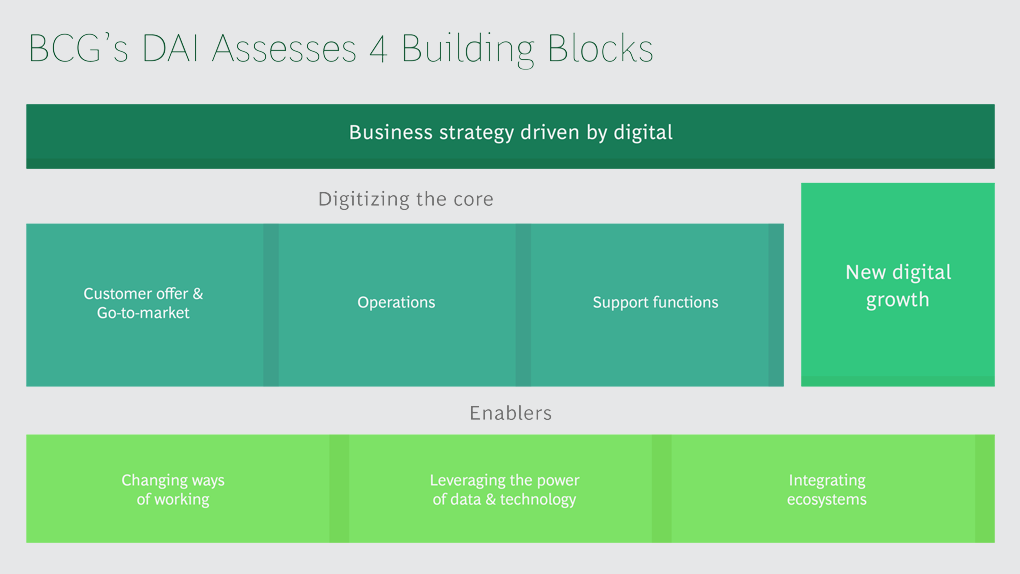
BCG Digital Acceleration Index
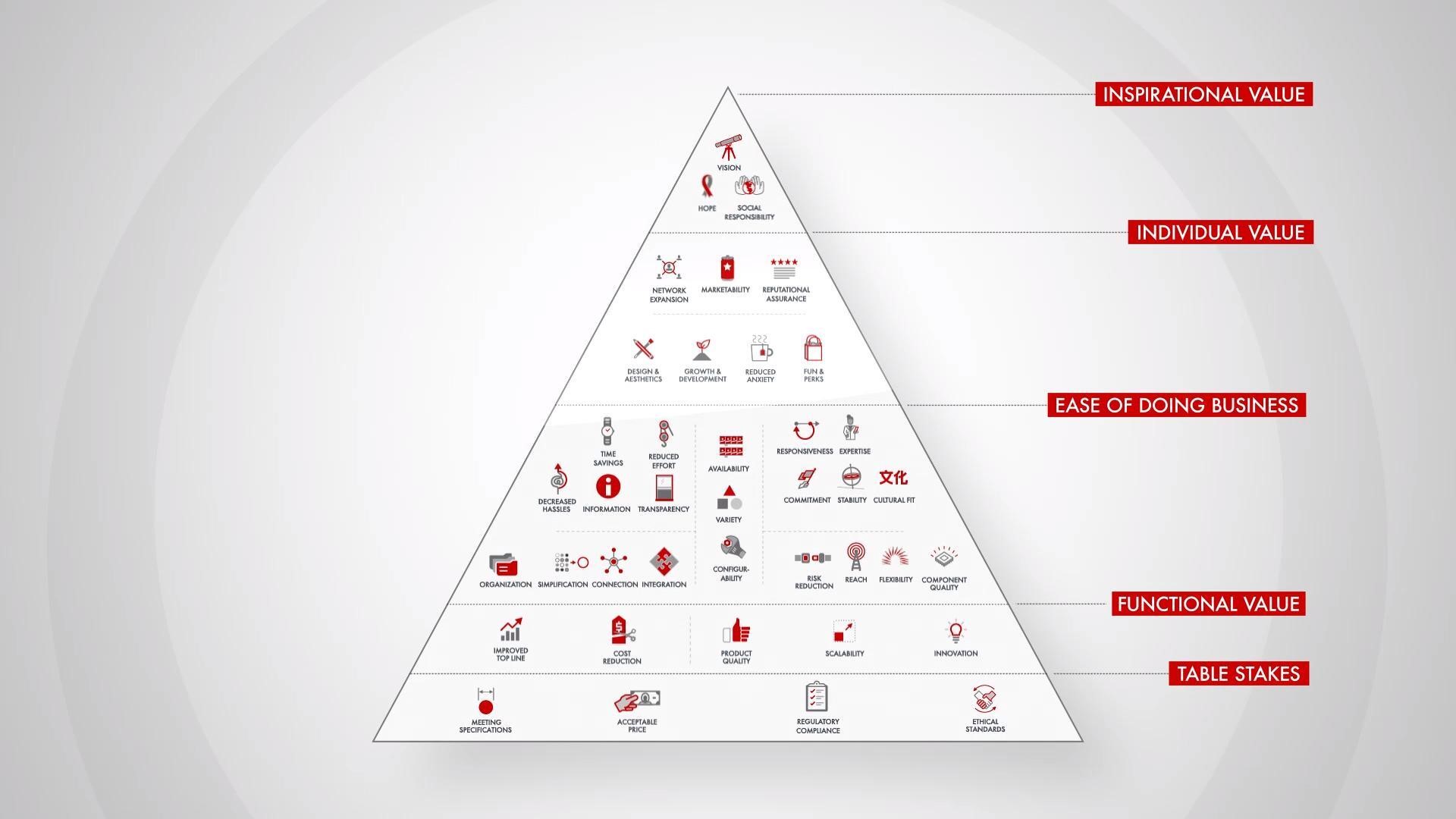
Bain’s Elements of Value Framework
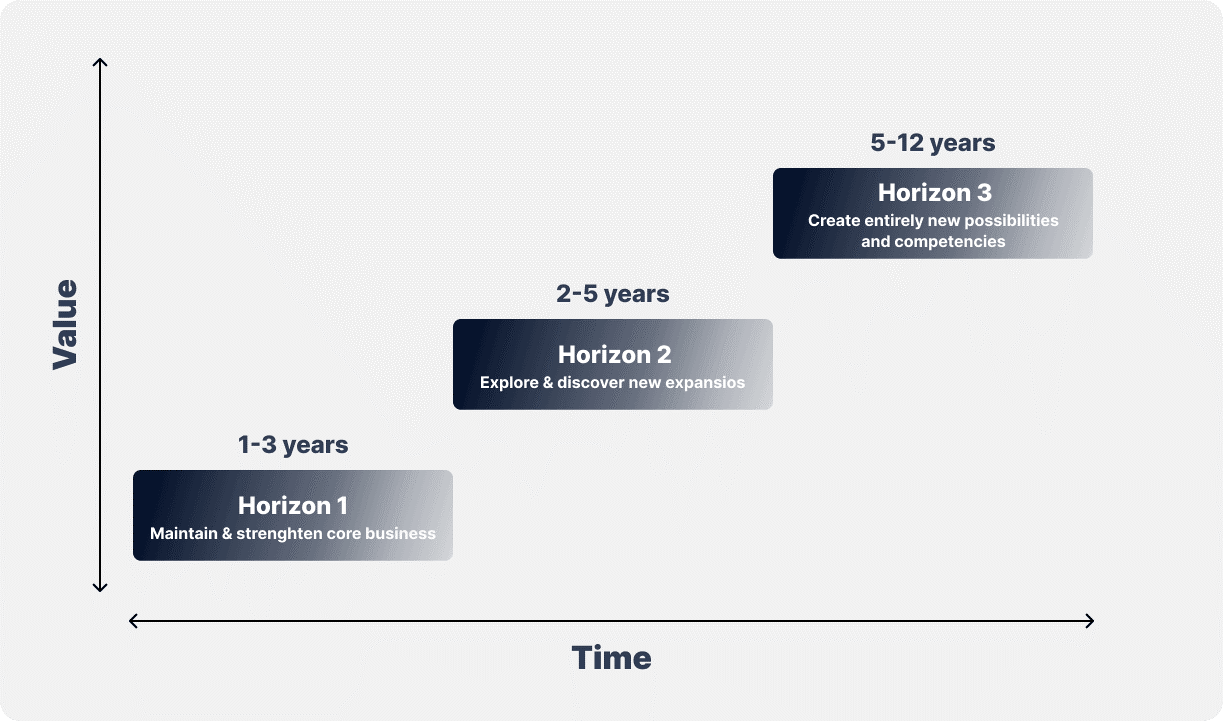
McKinsey Growth Pyramid
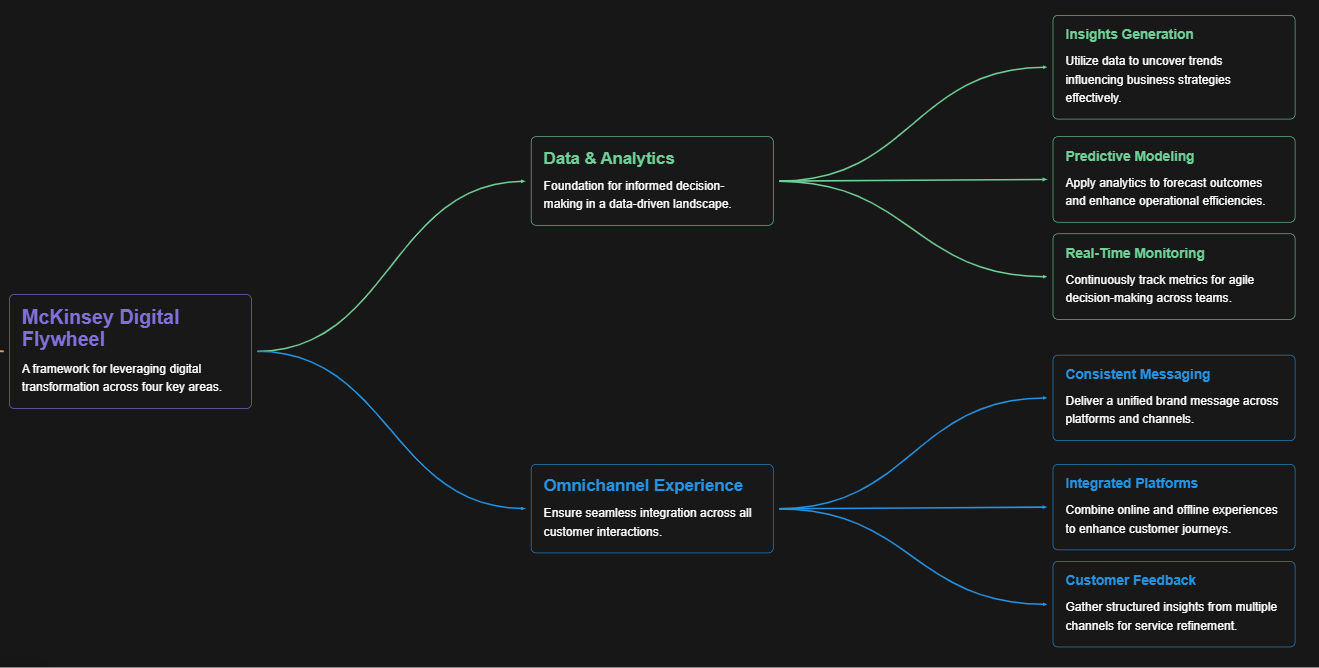
McKinsey Digital Flywheel
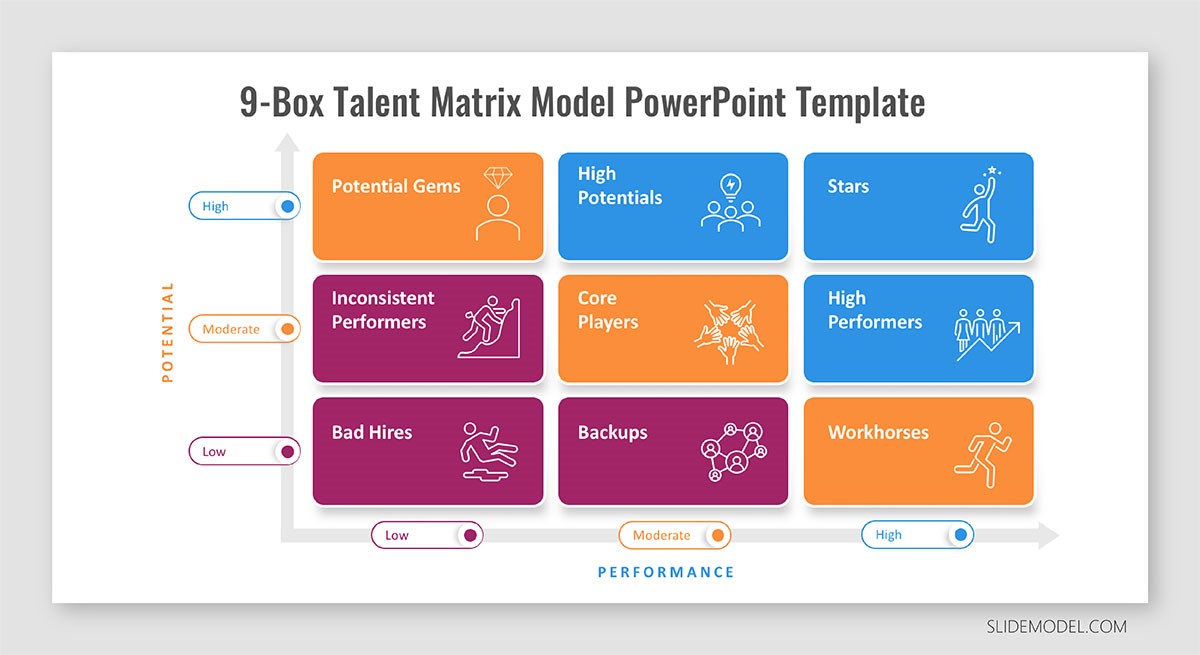
McKinsey 9-Box Talent Matrix
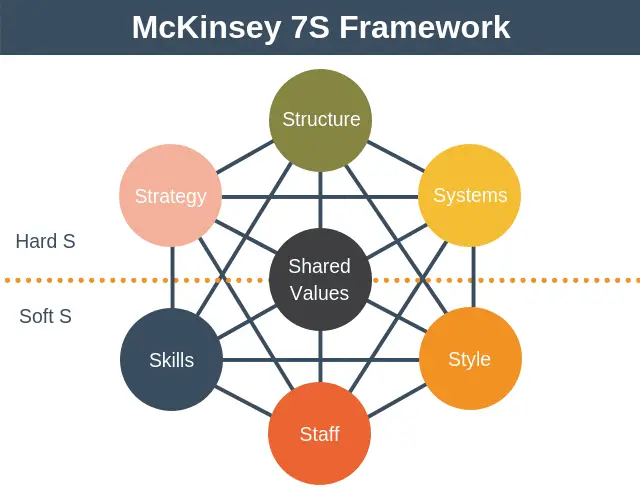
McKinsey 7S Framework
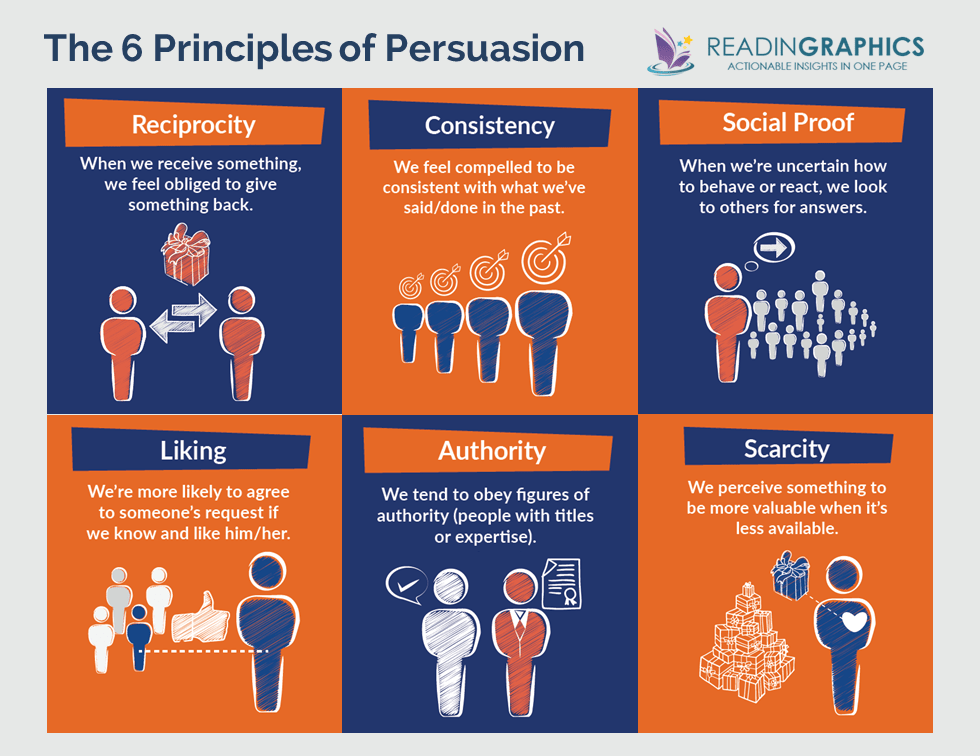
The Psychology of Persuasion in Marketing
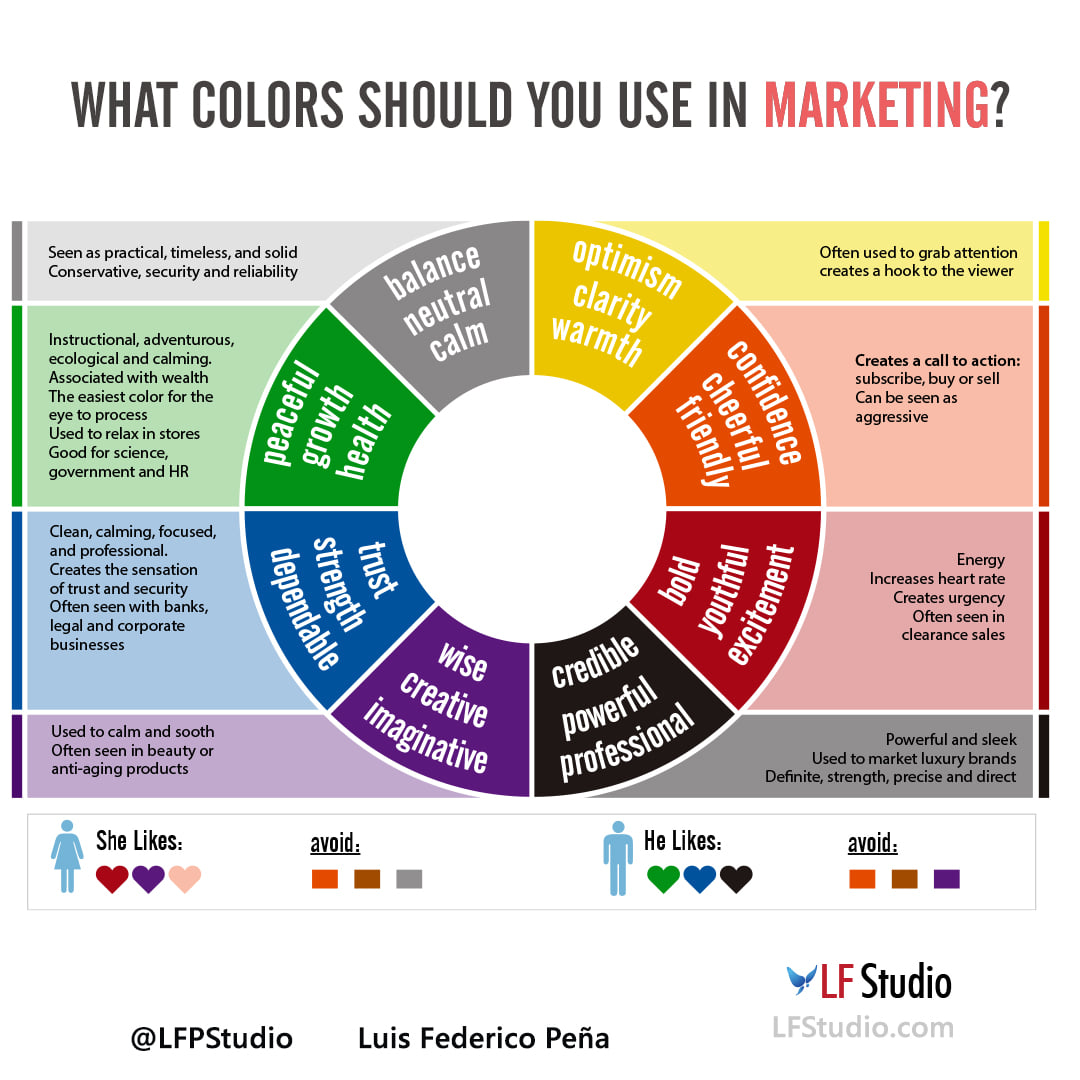
The Influence of Colors on Branding and Marketing Psychology








